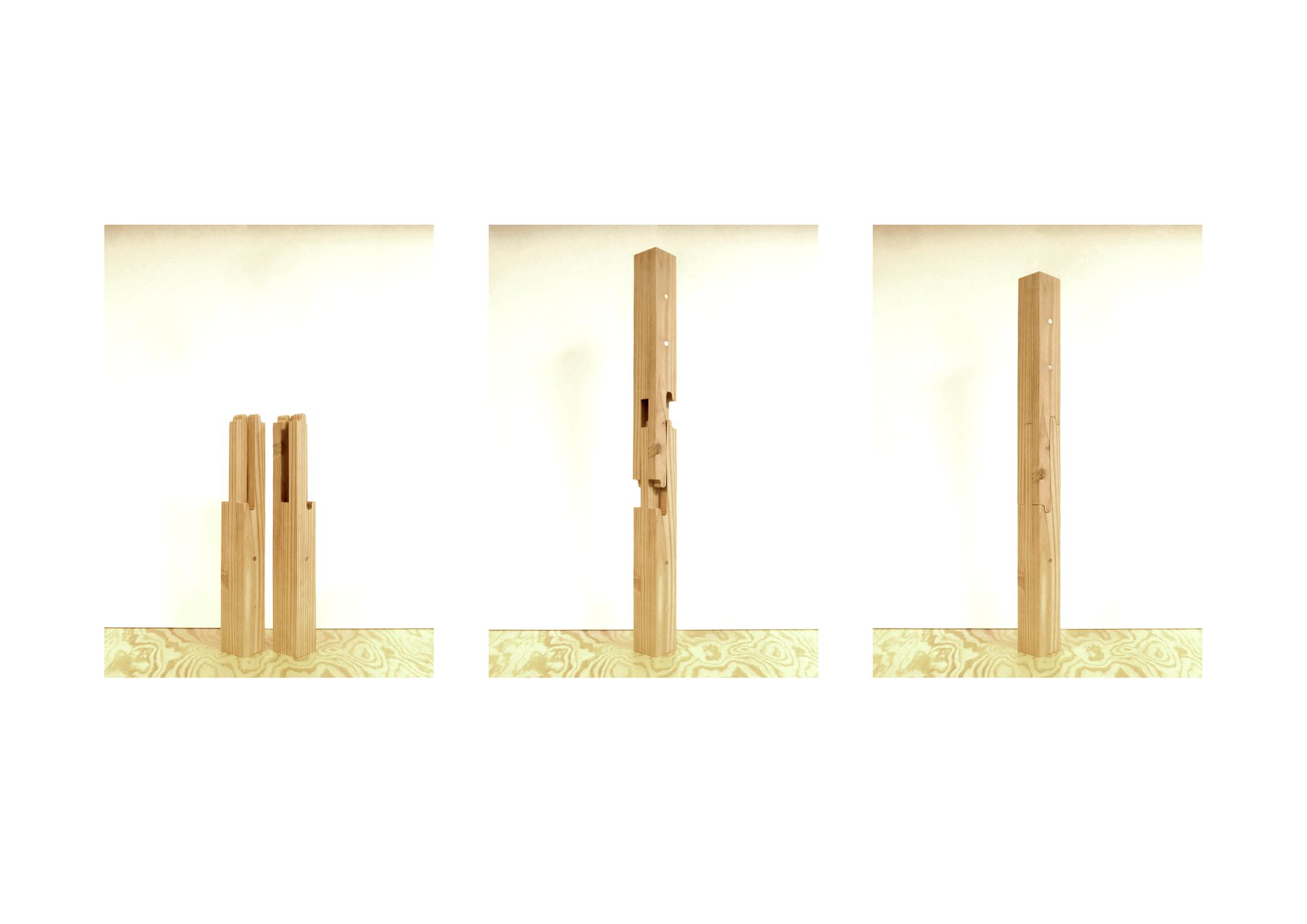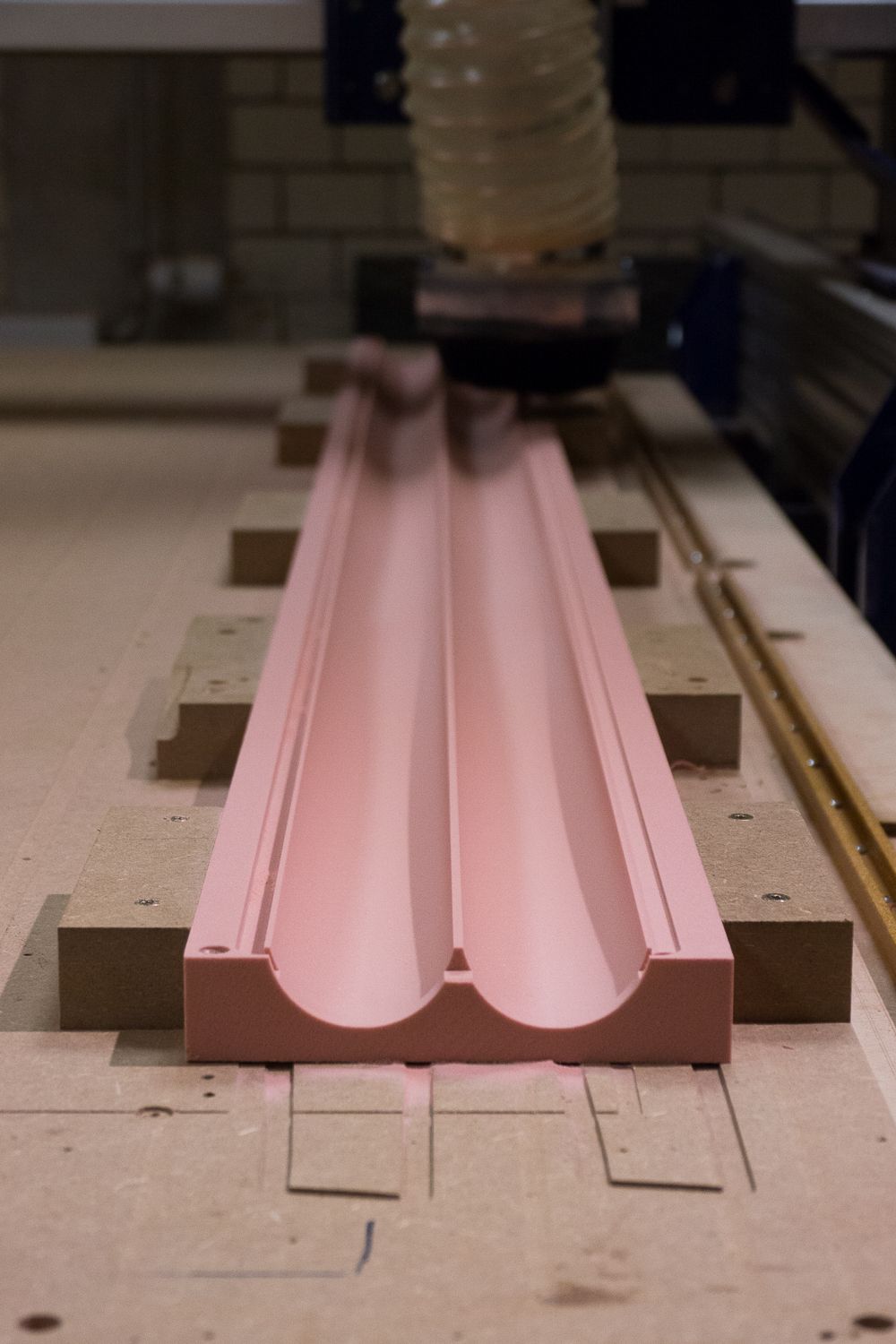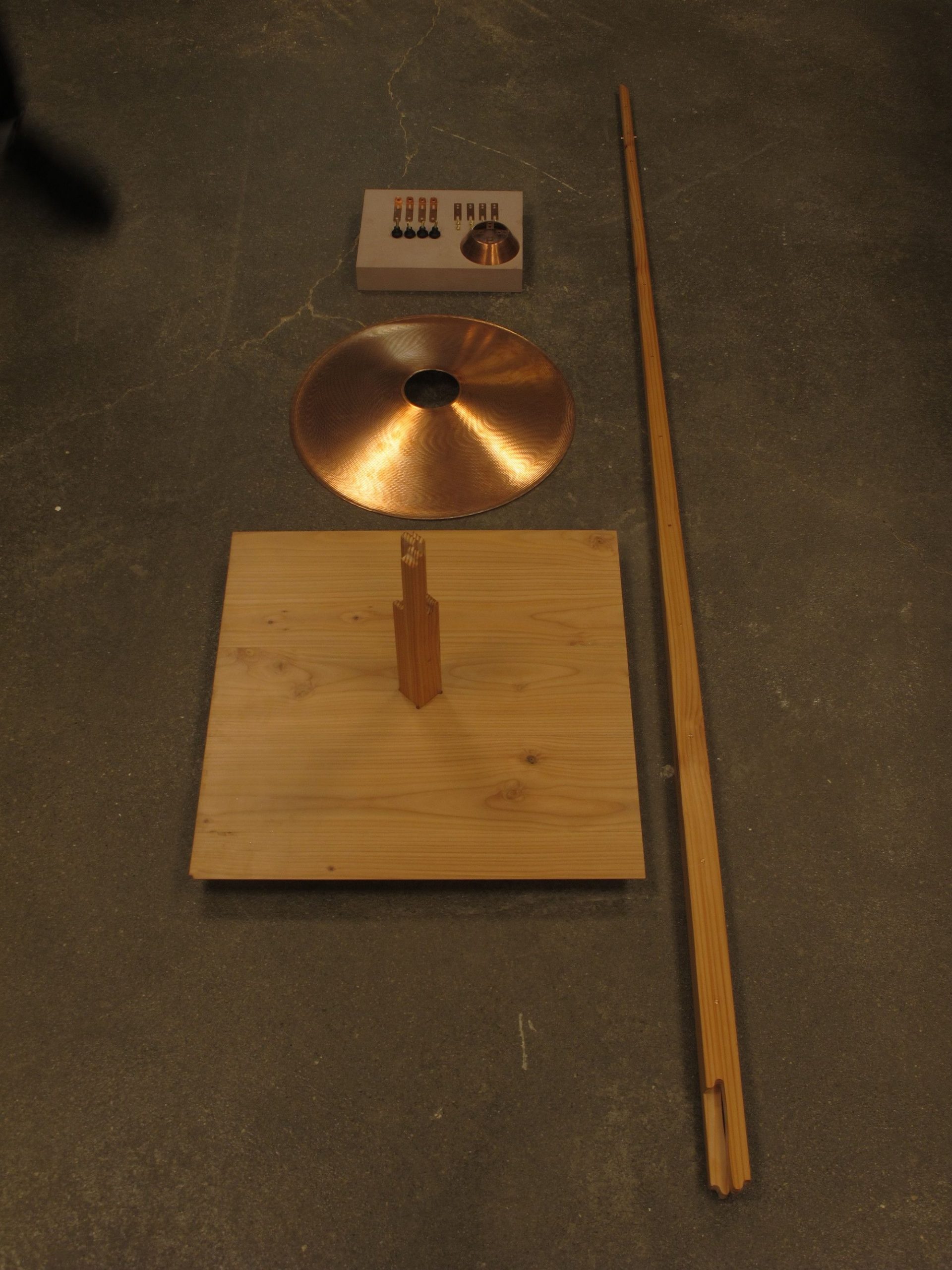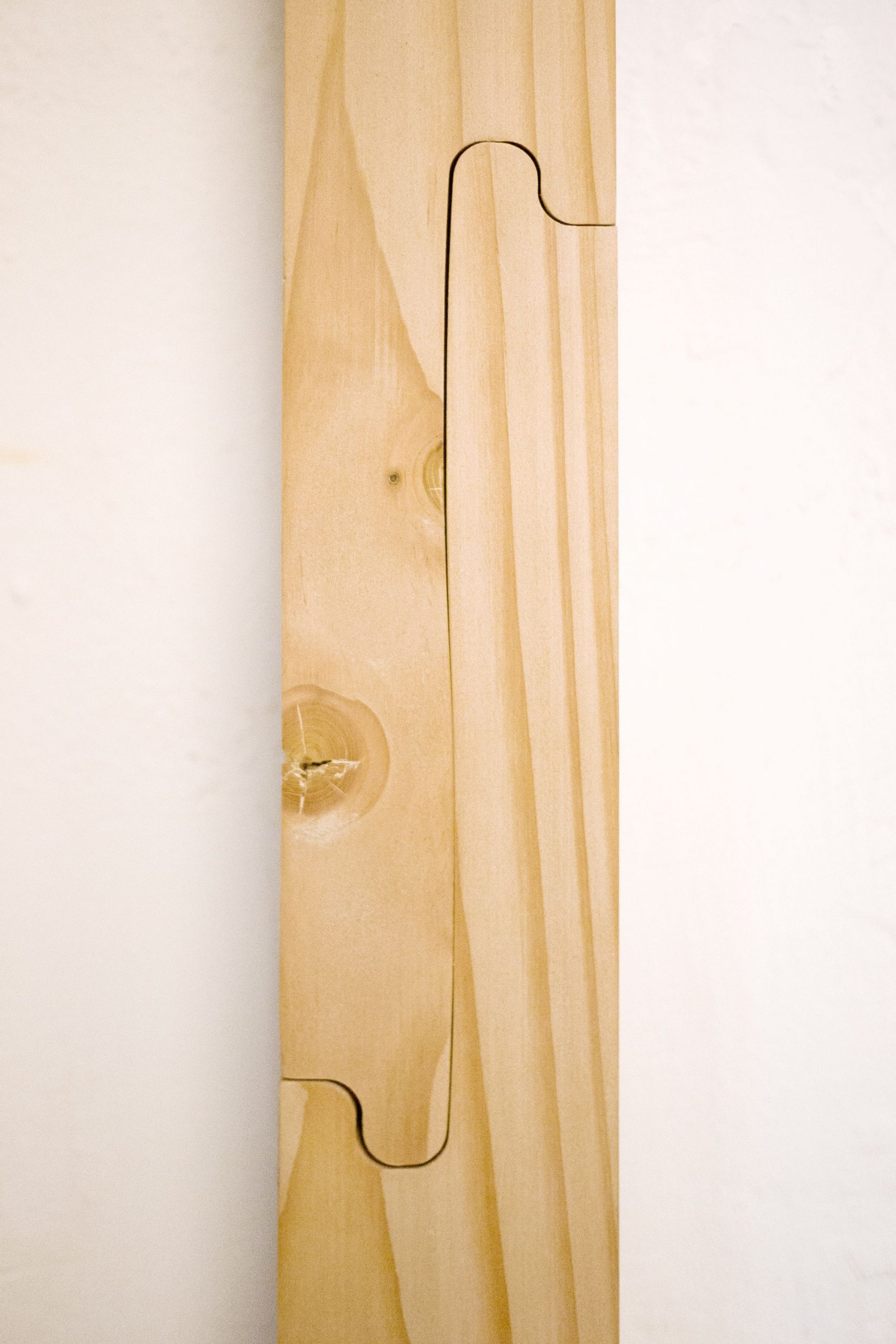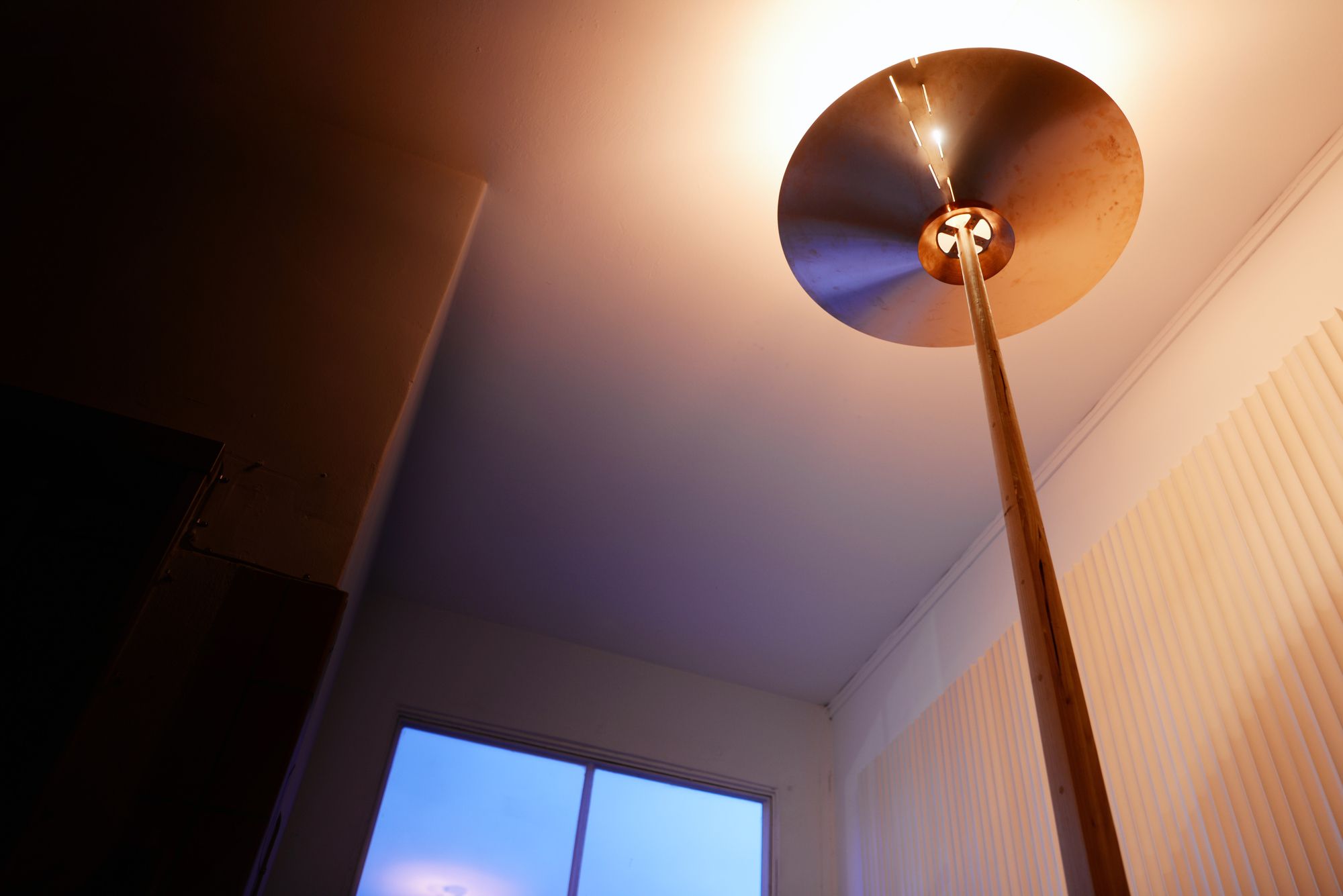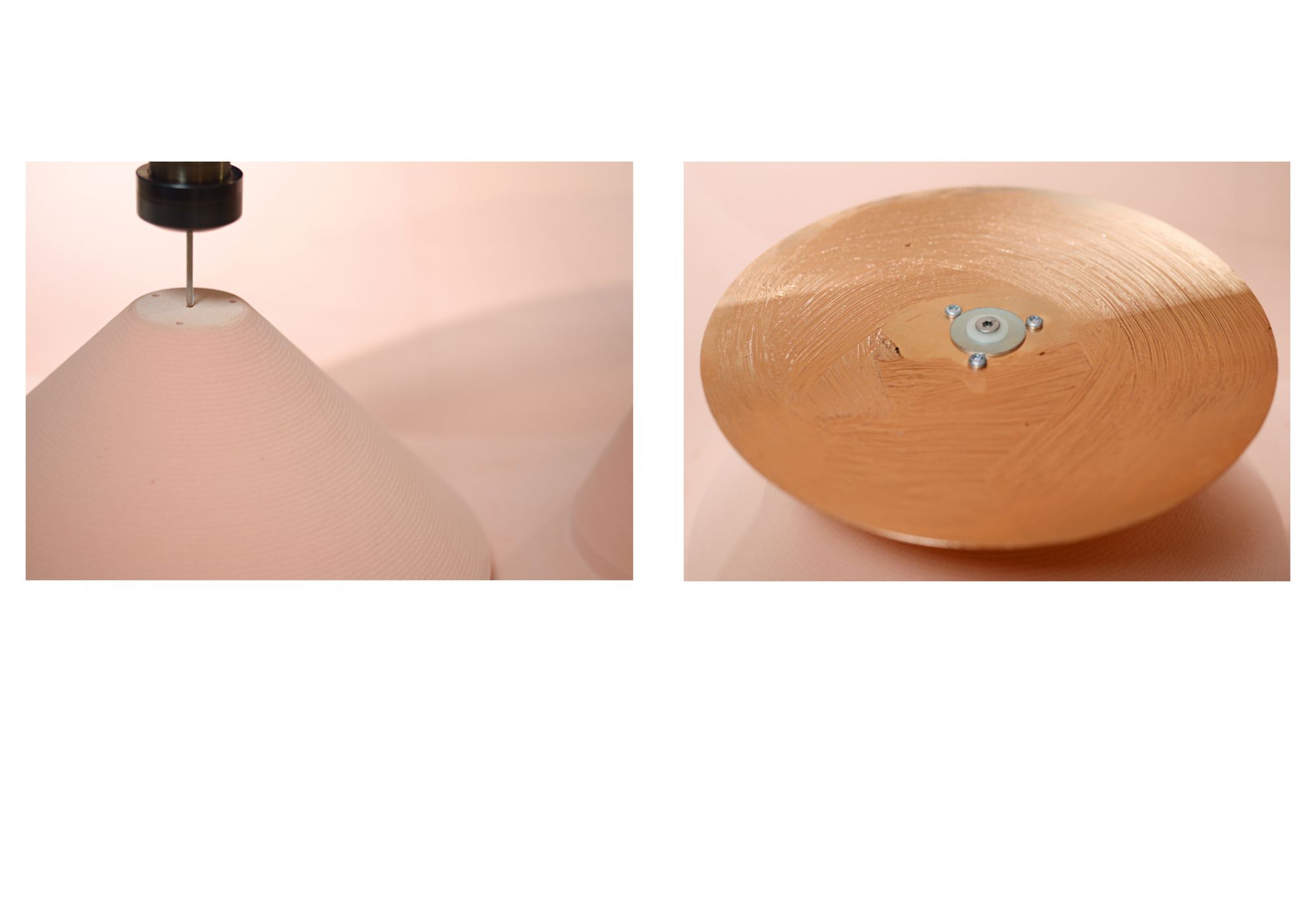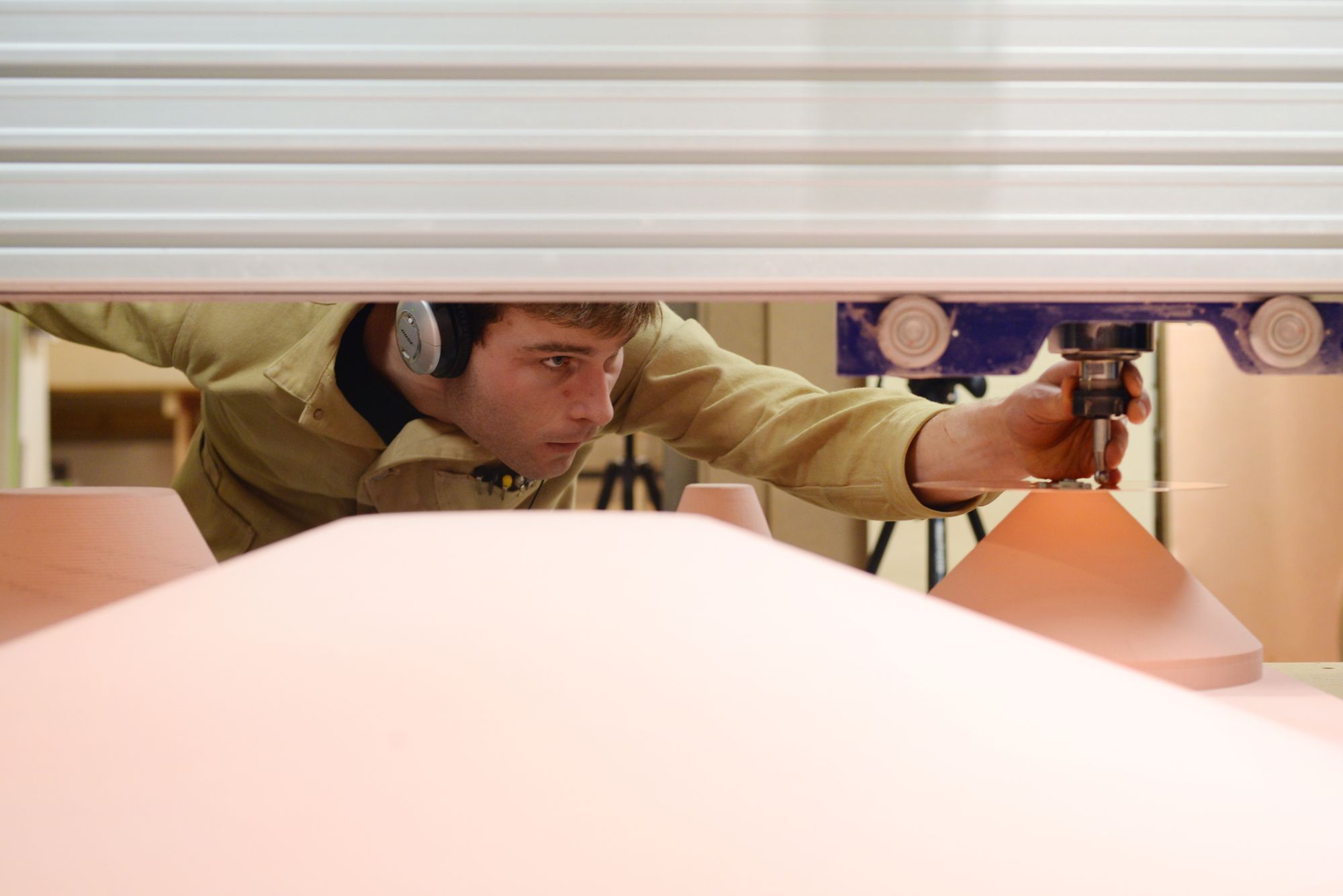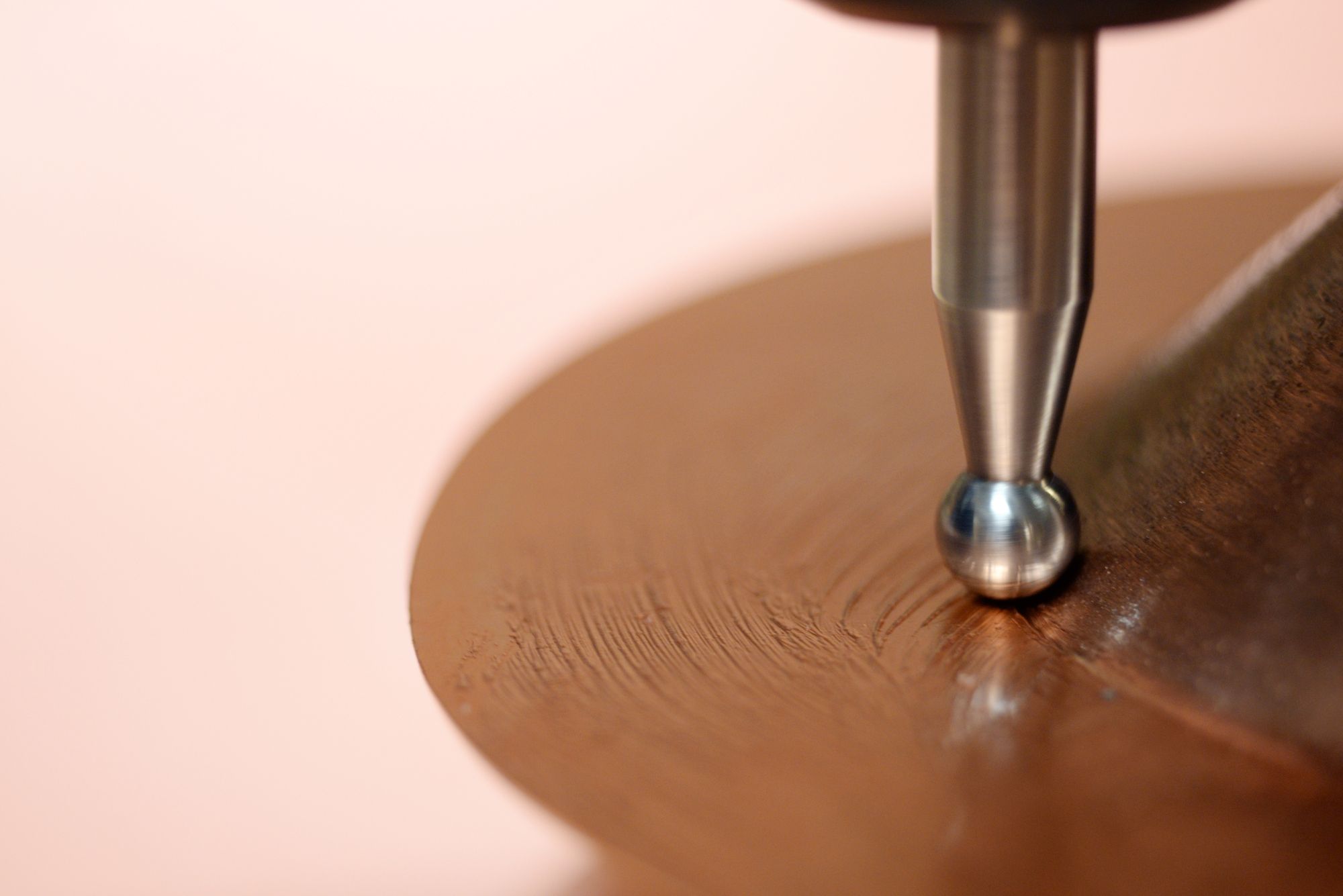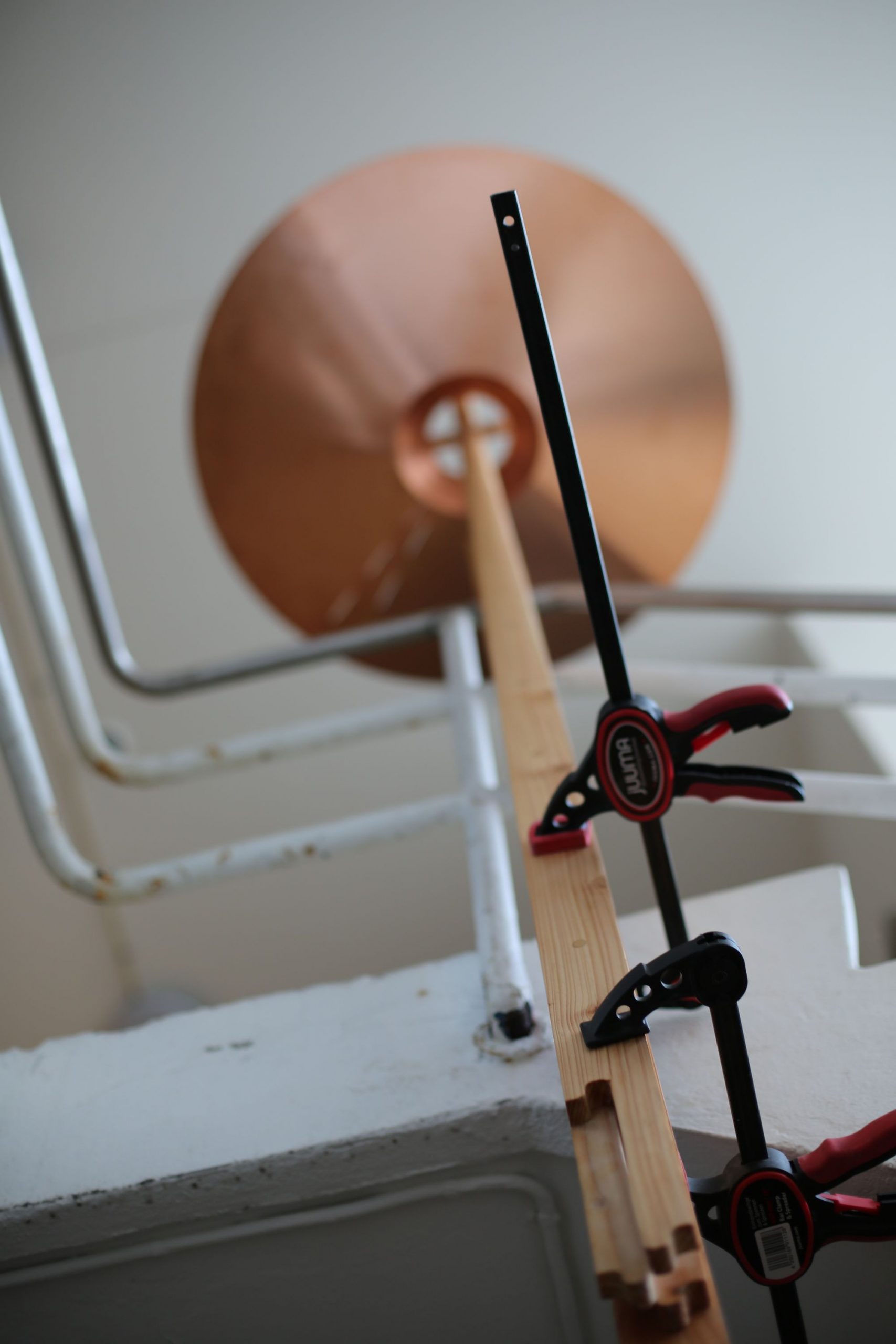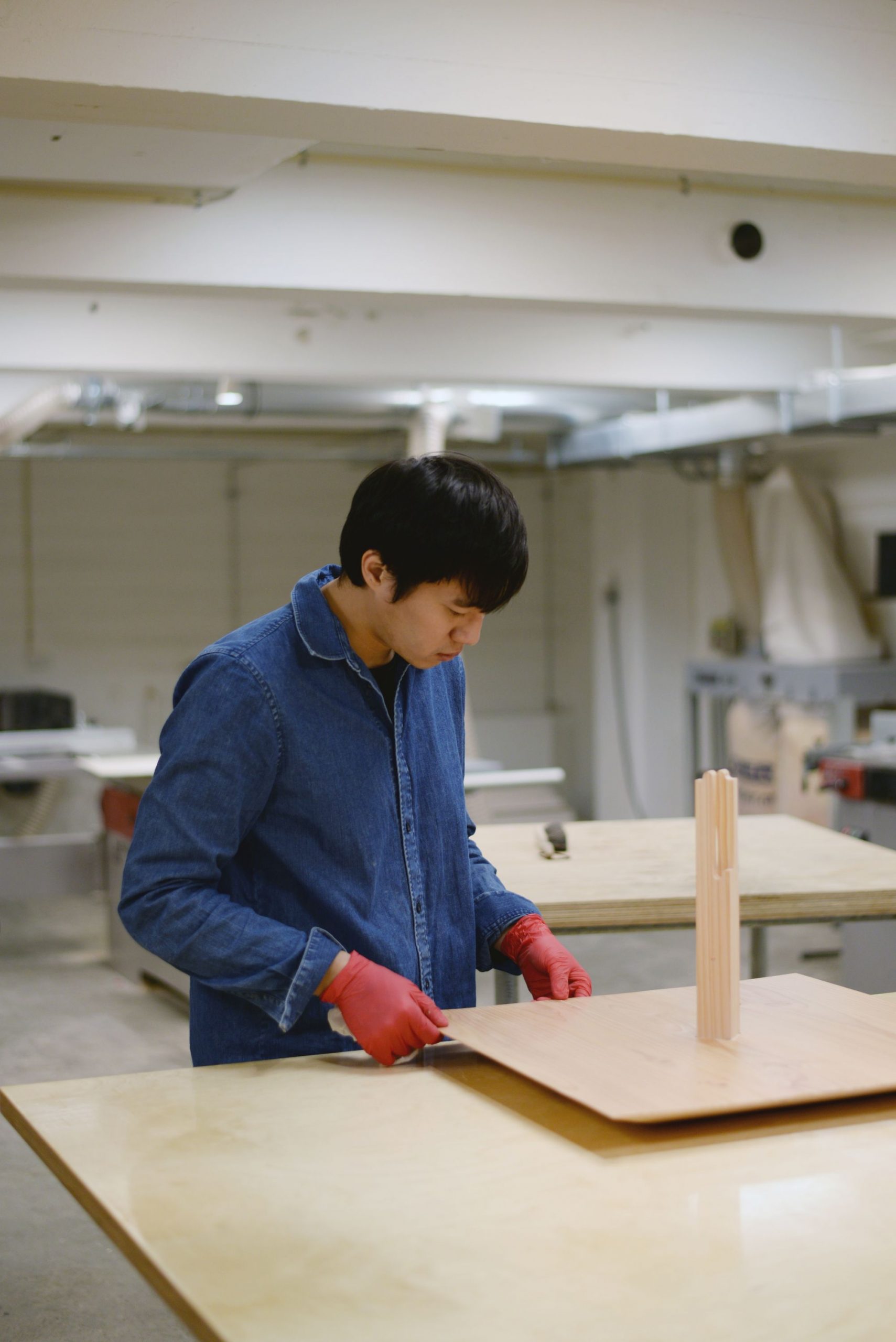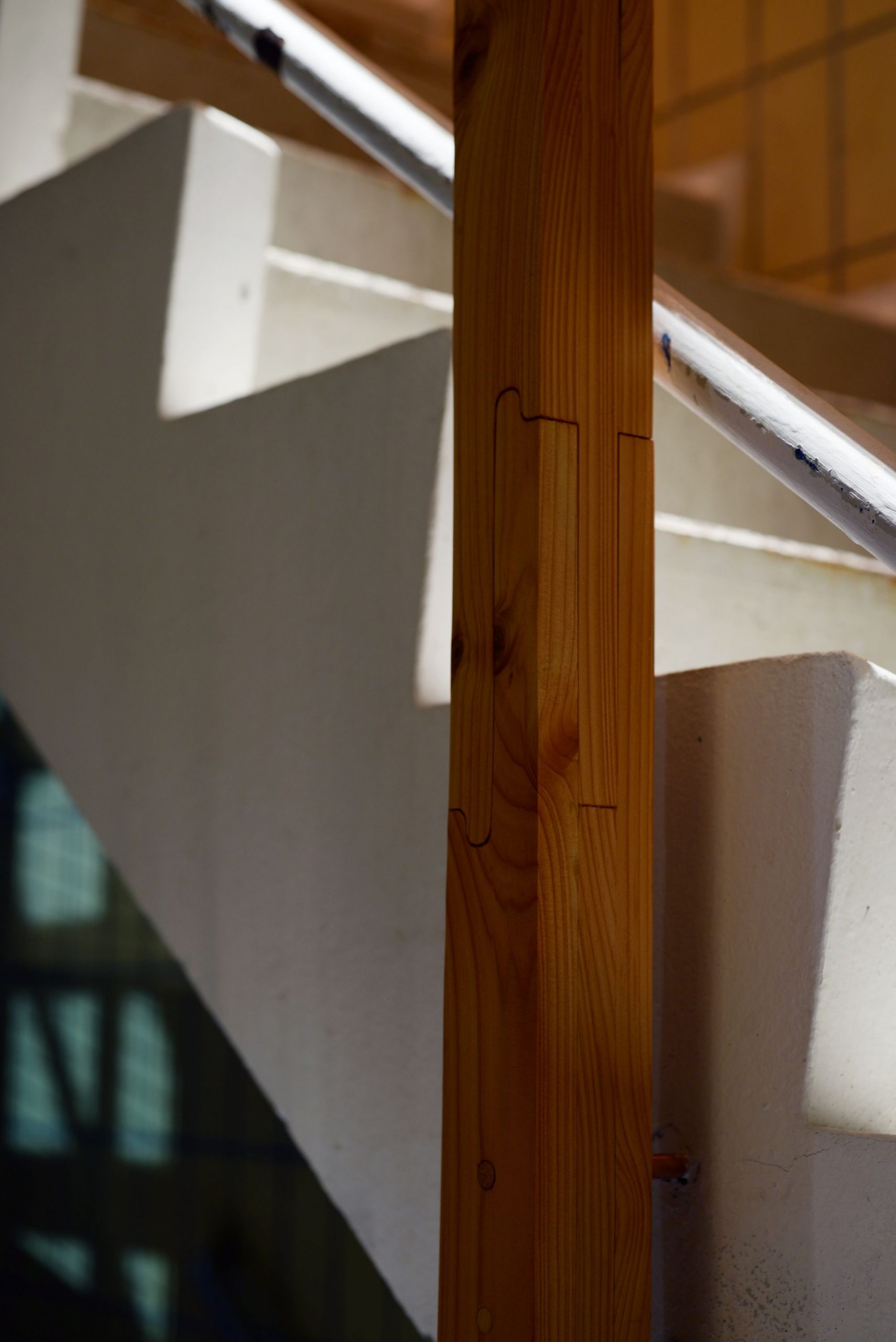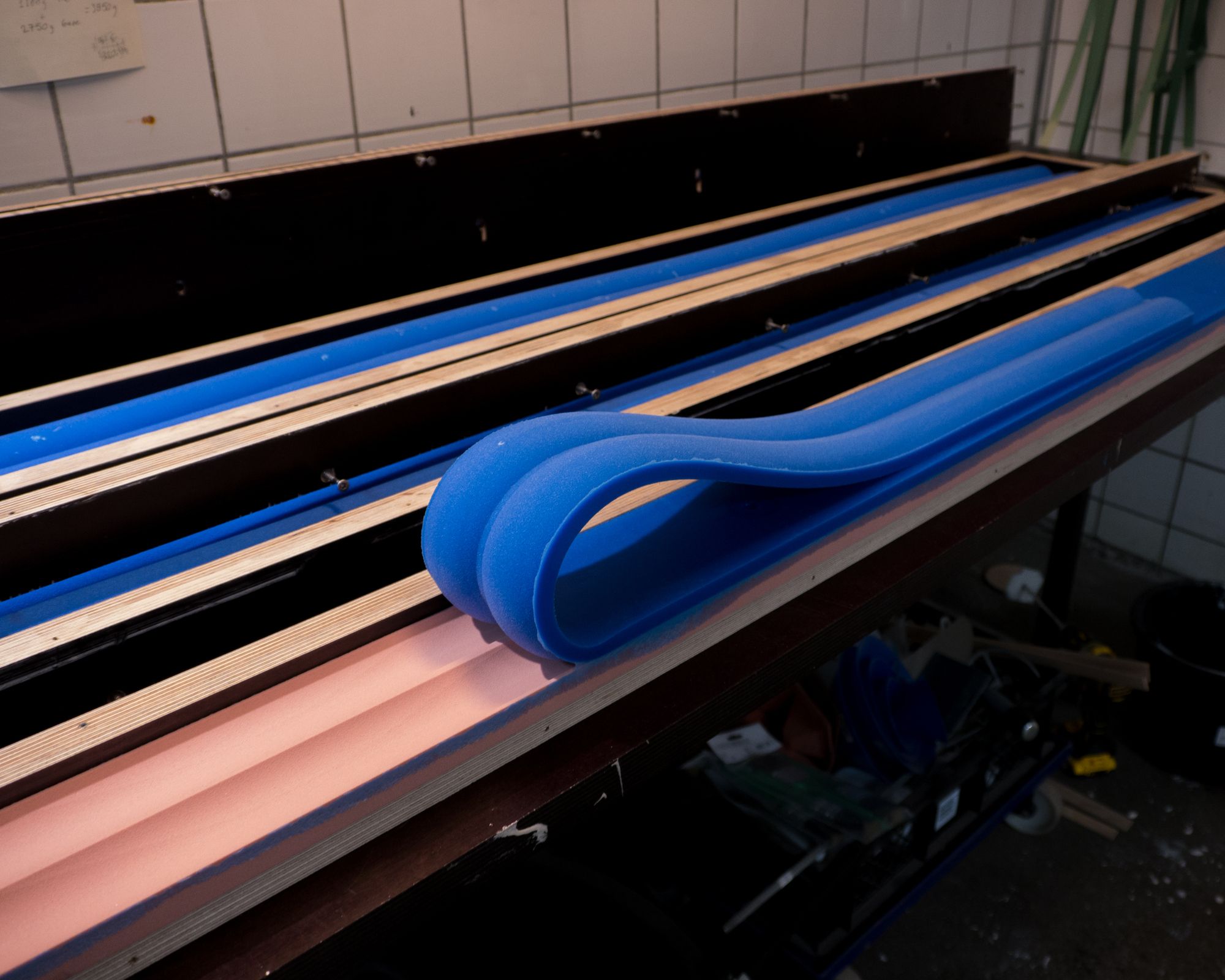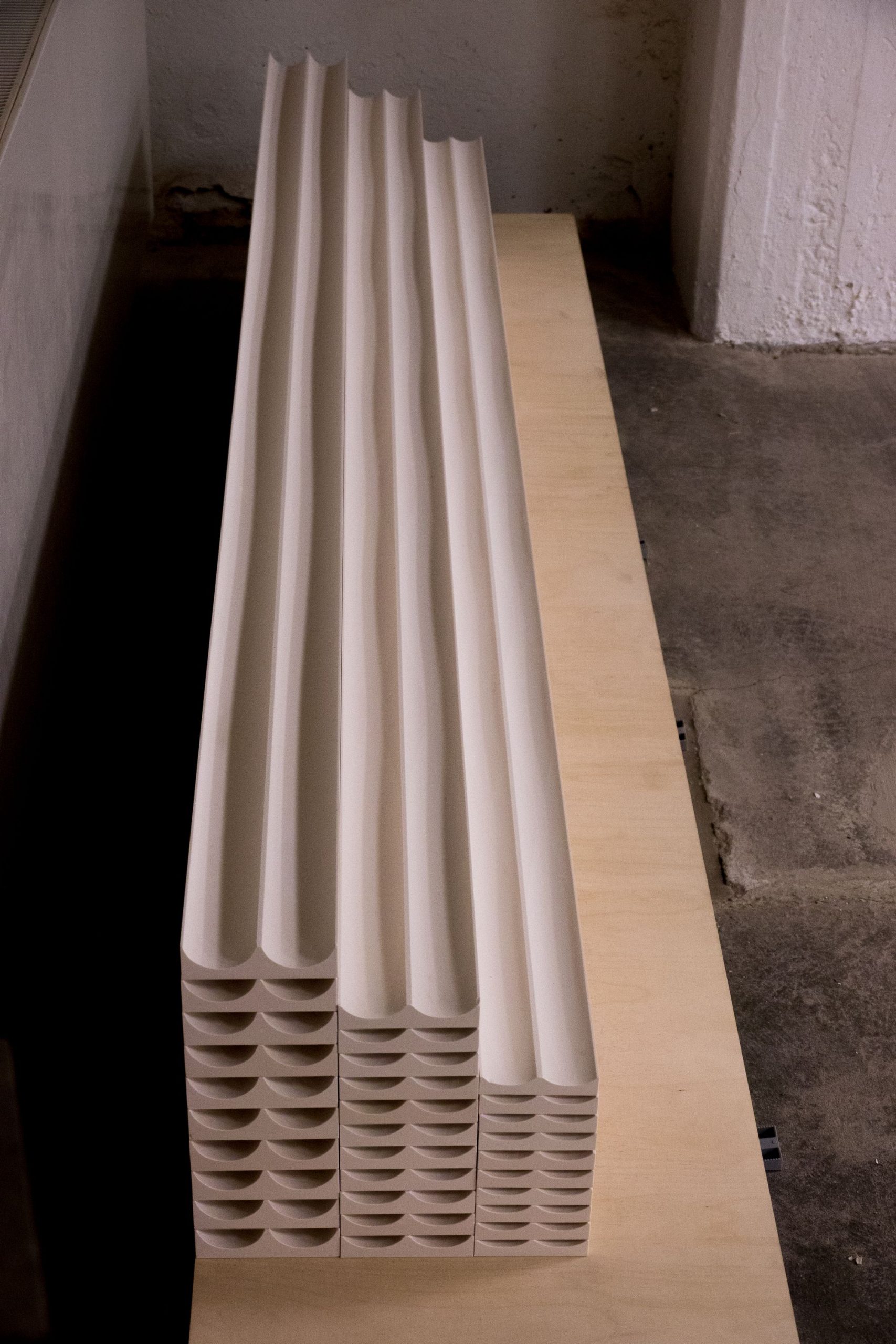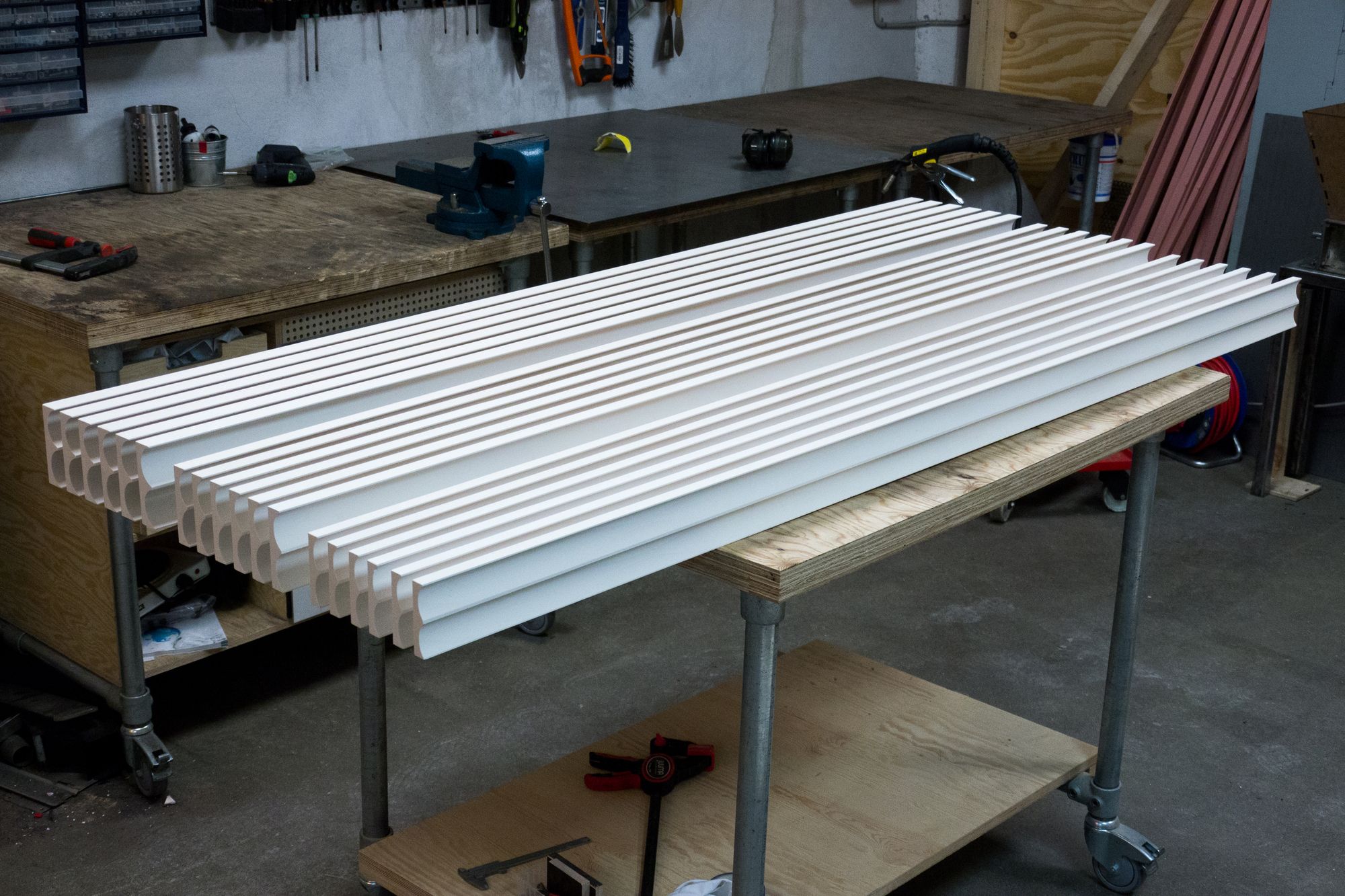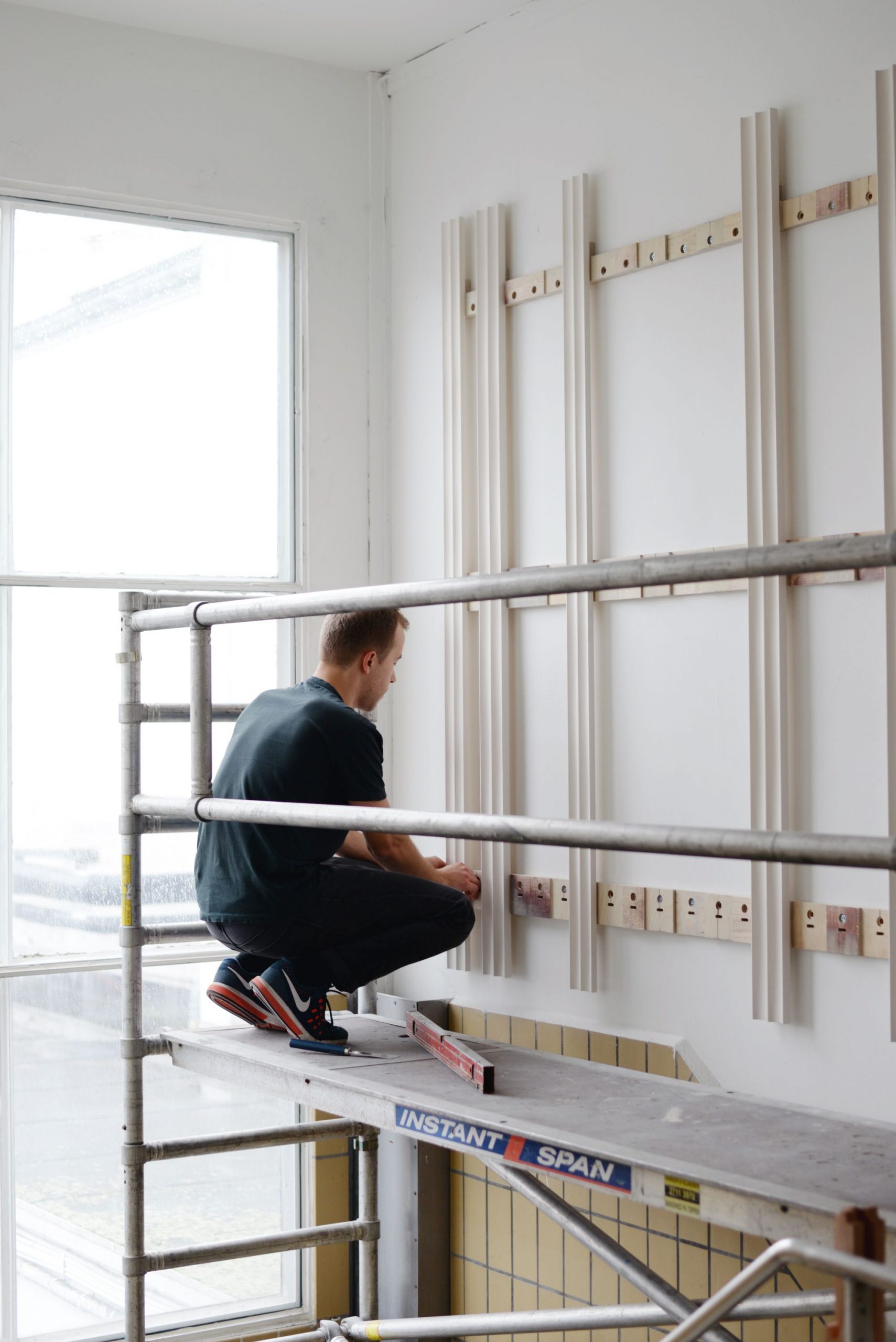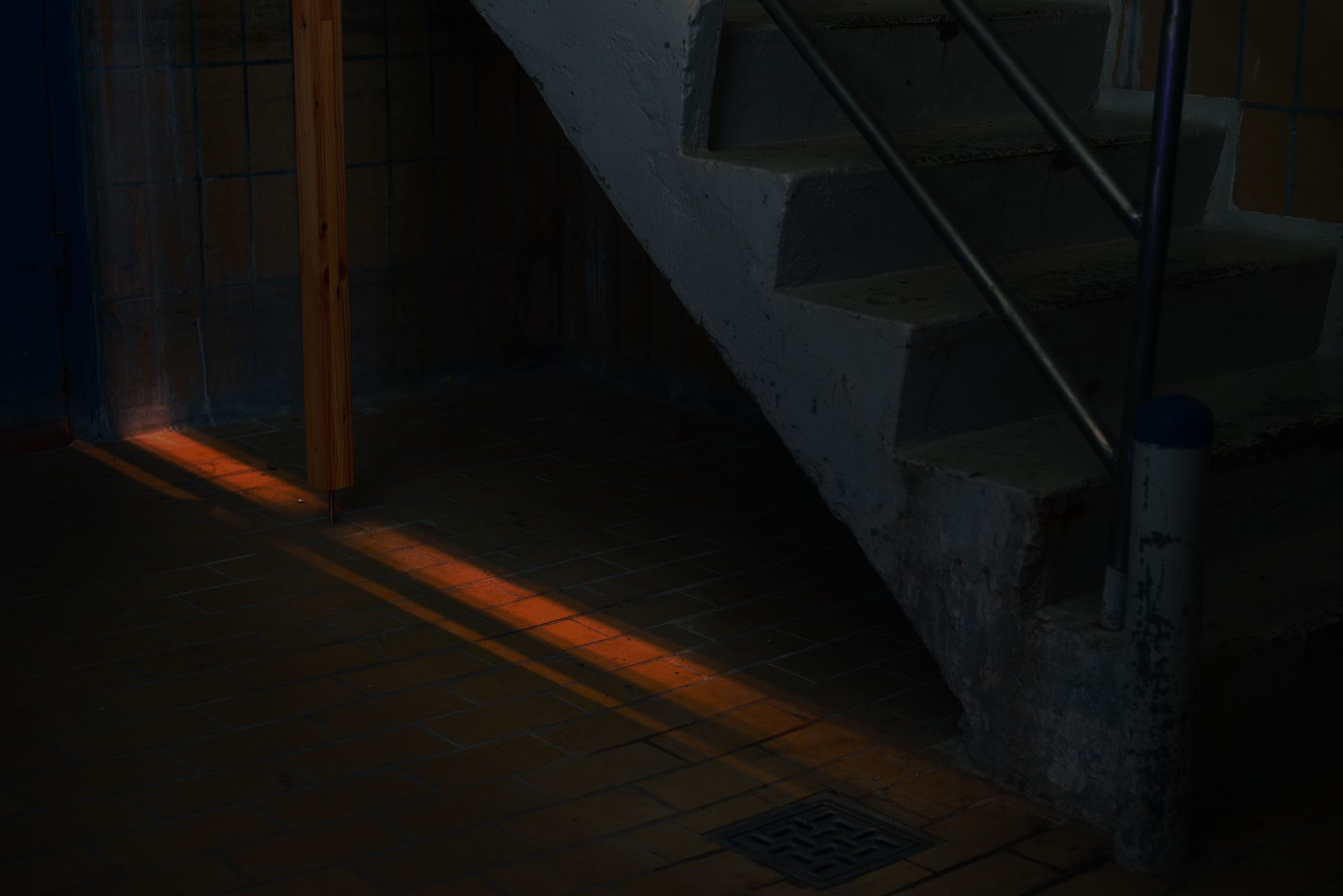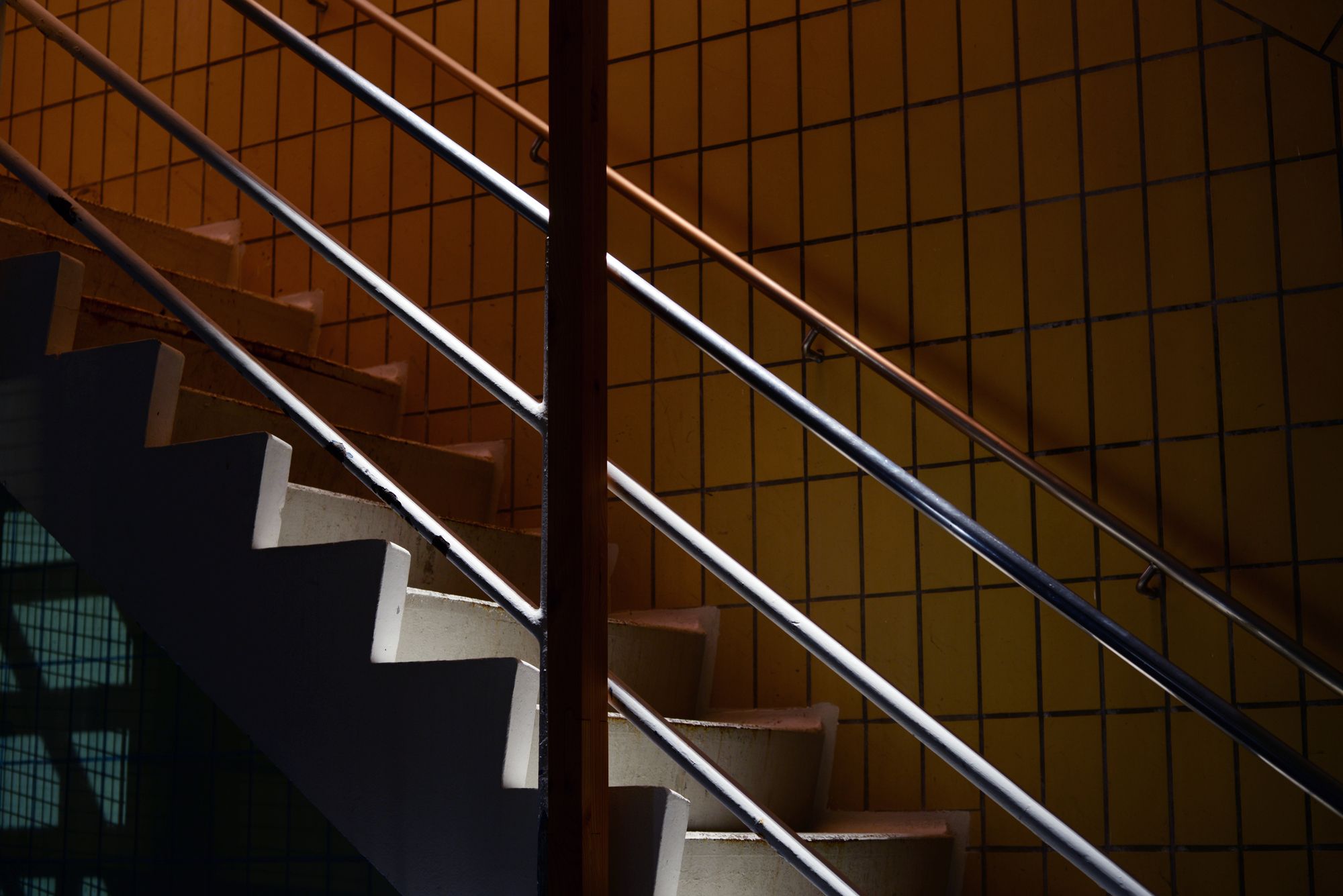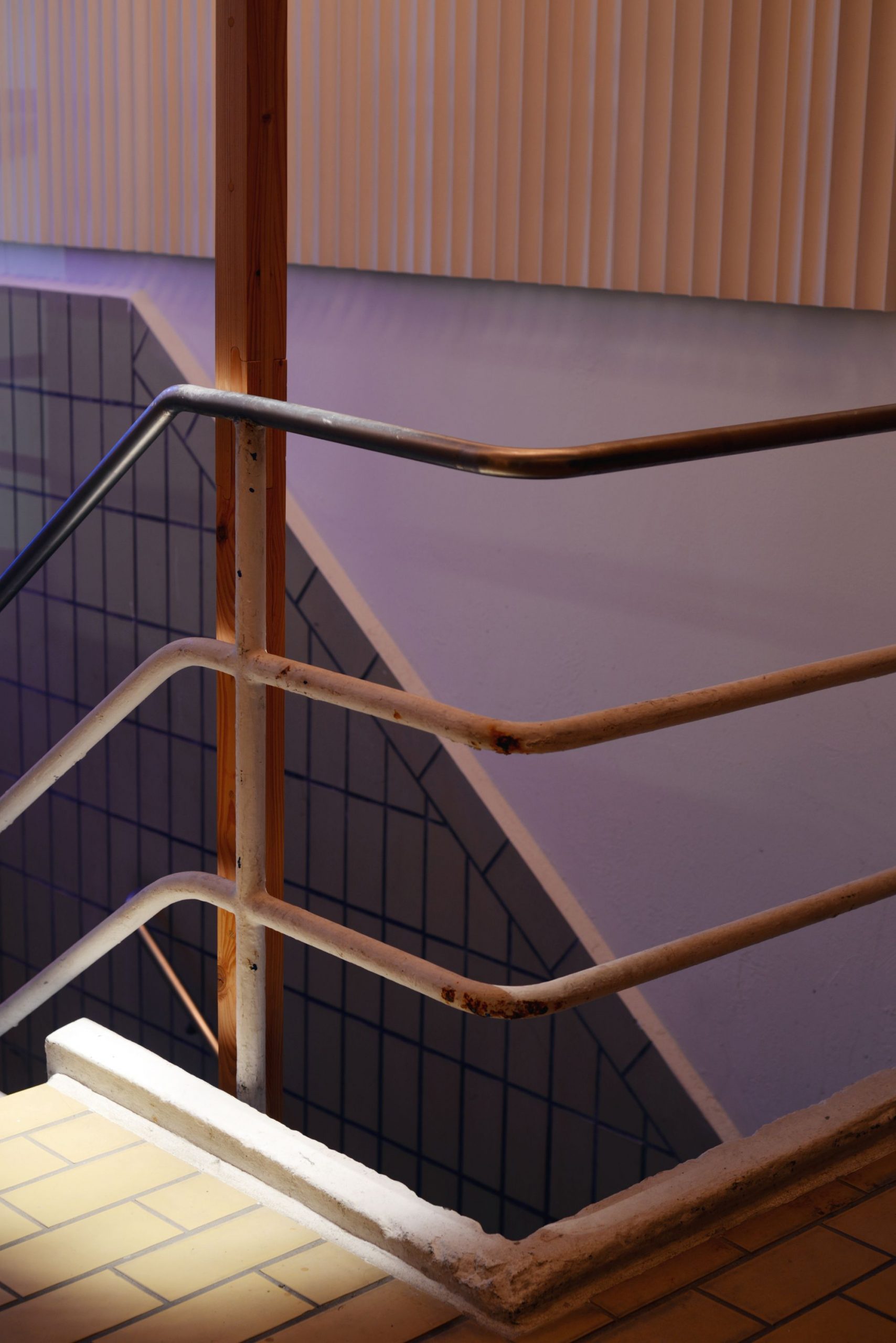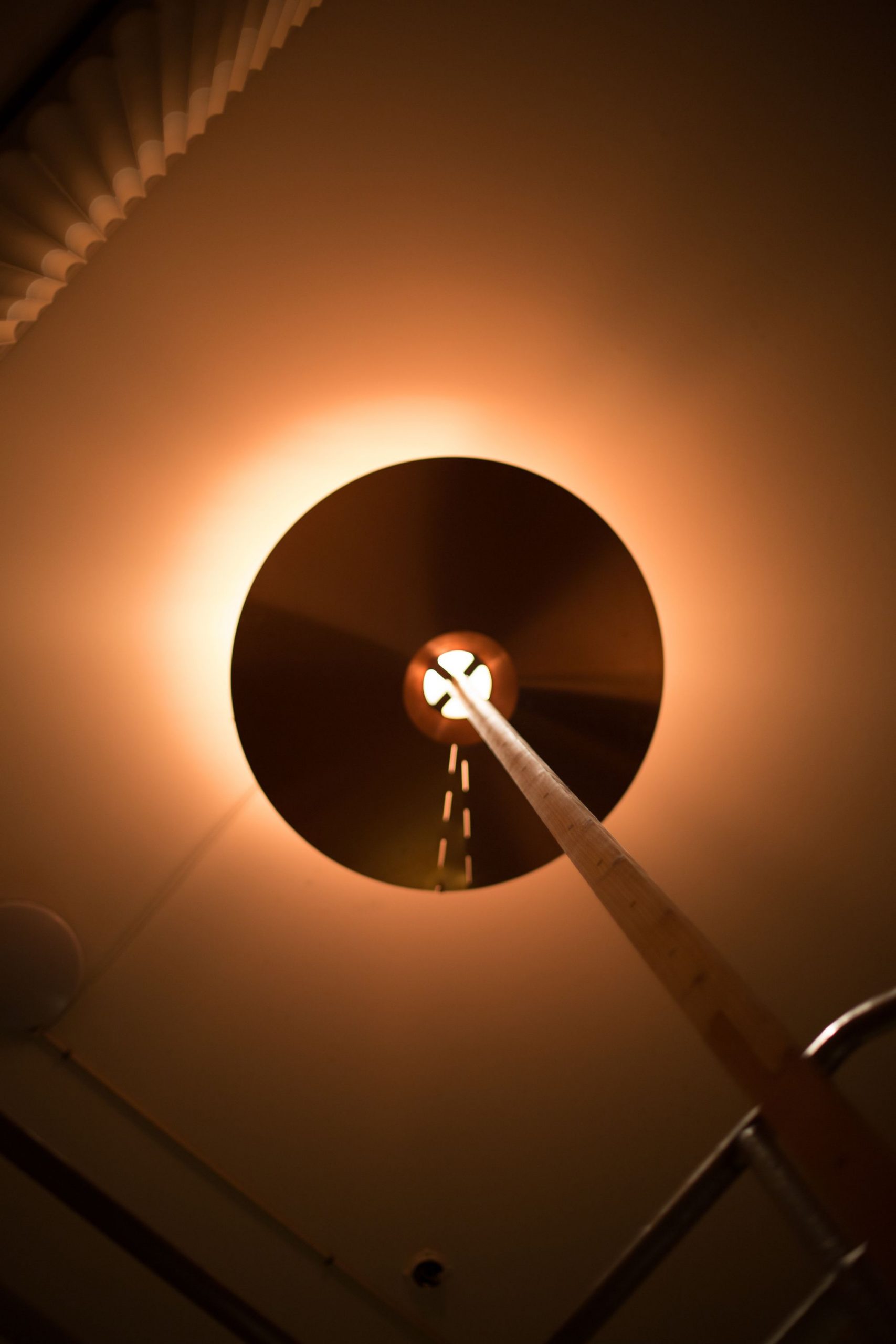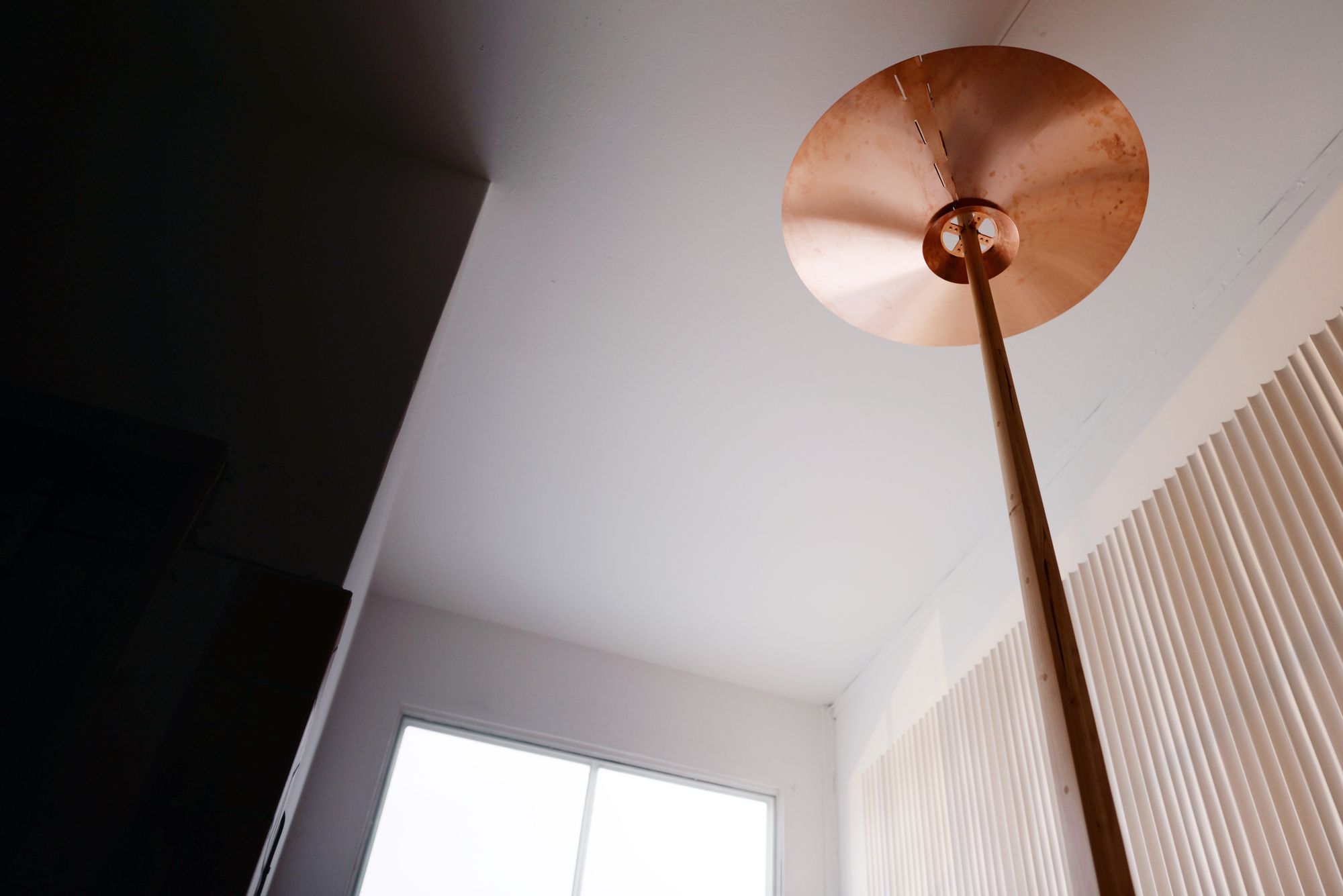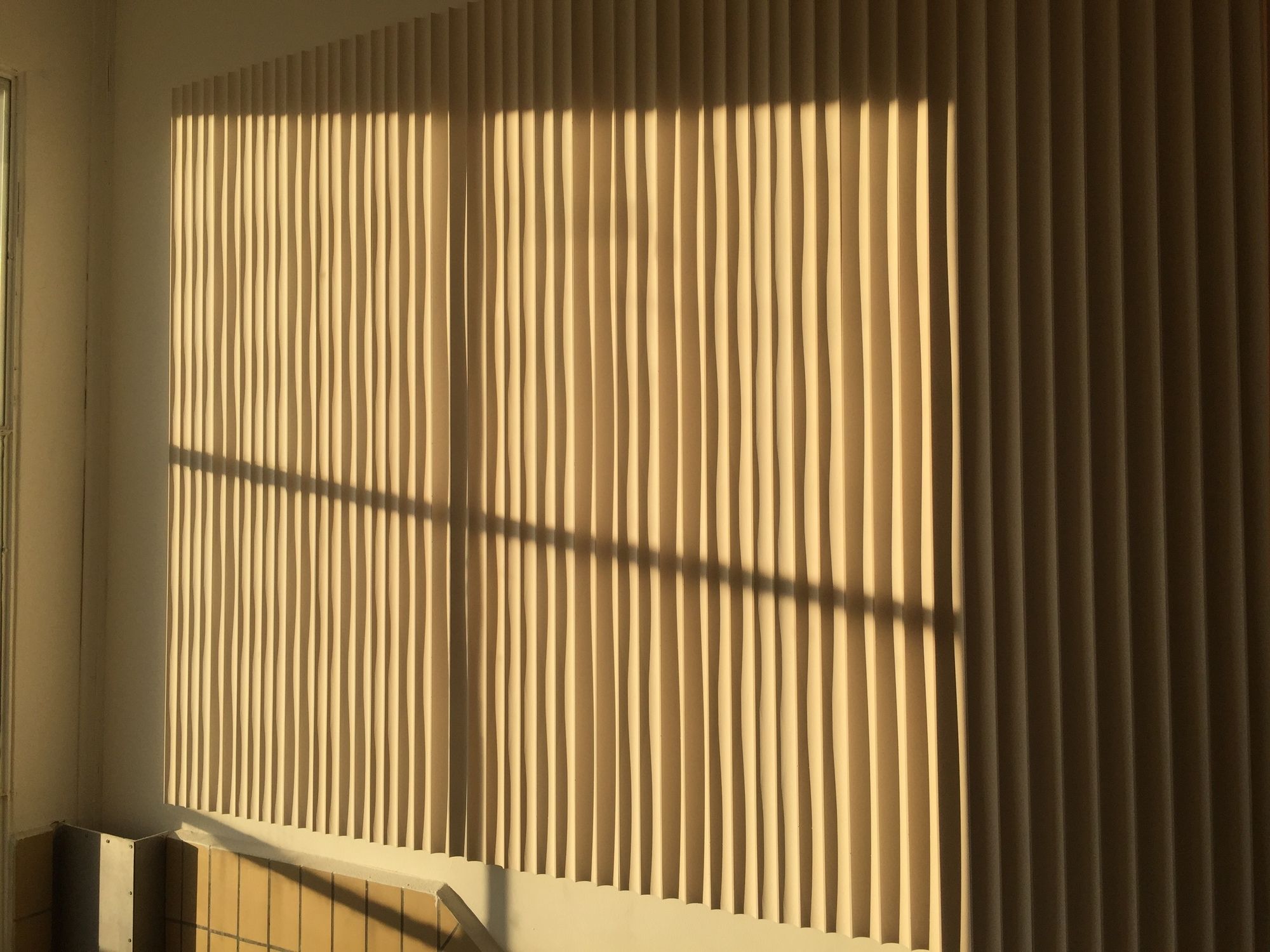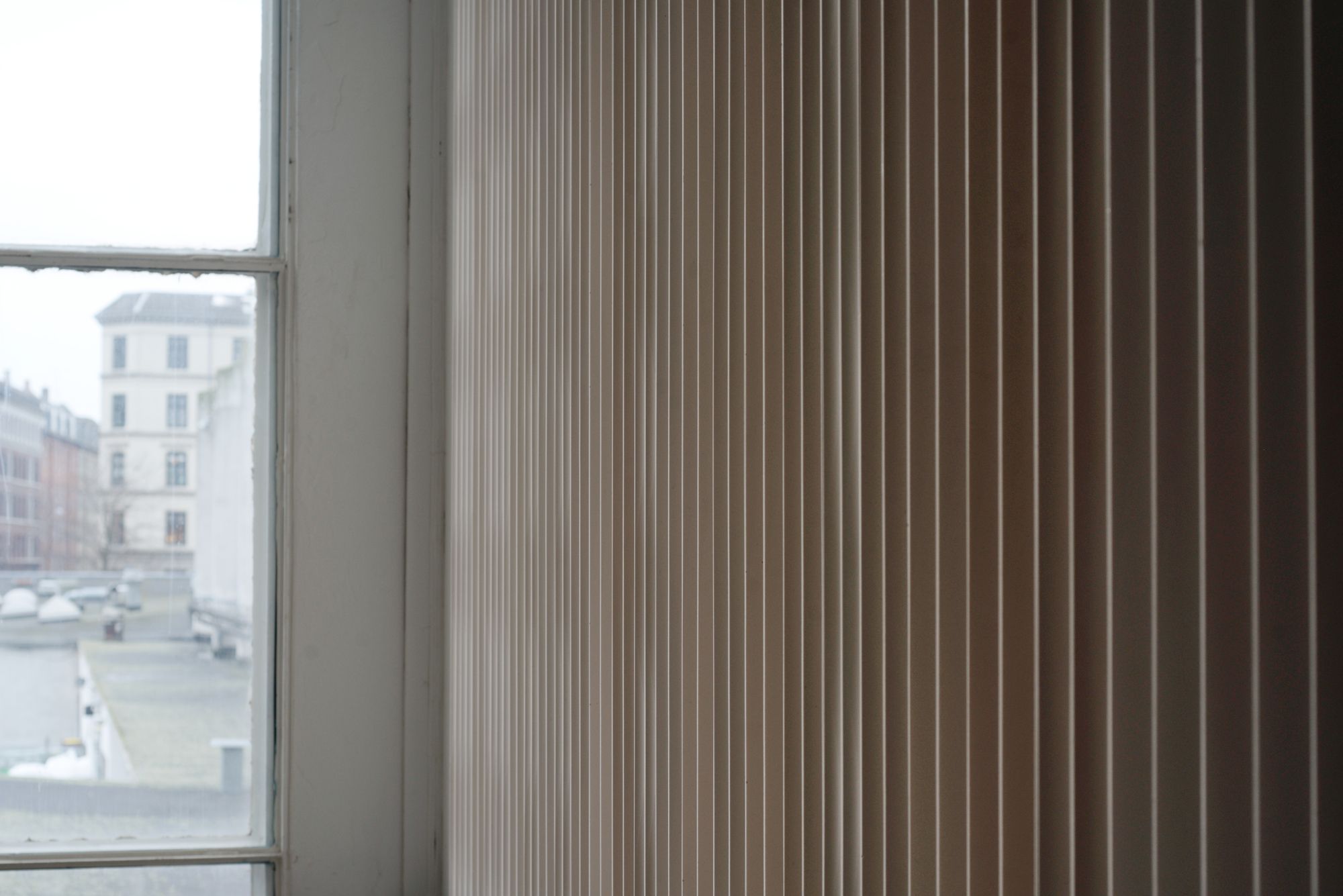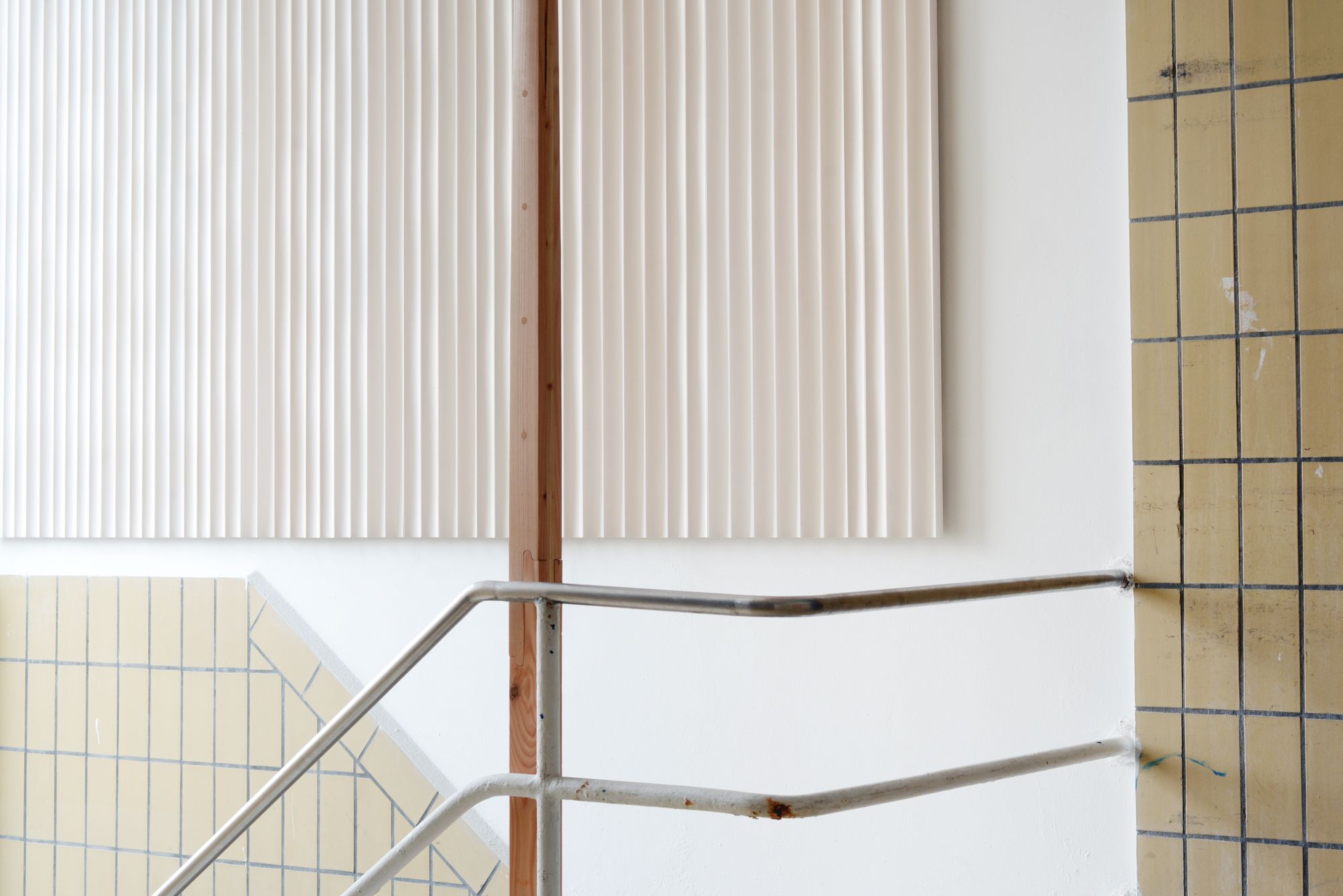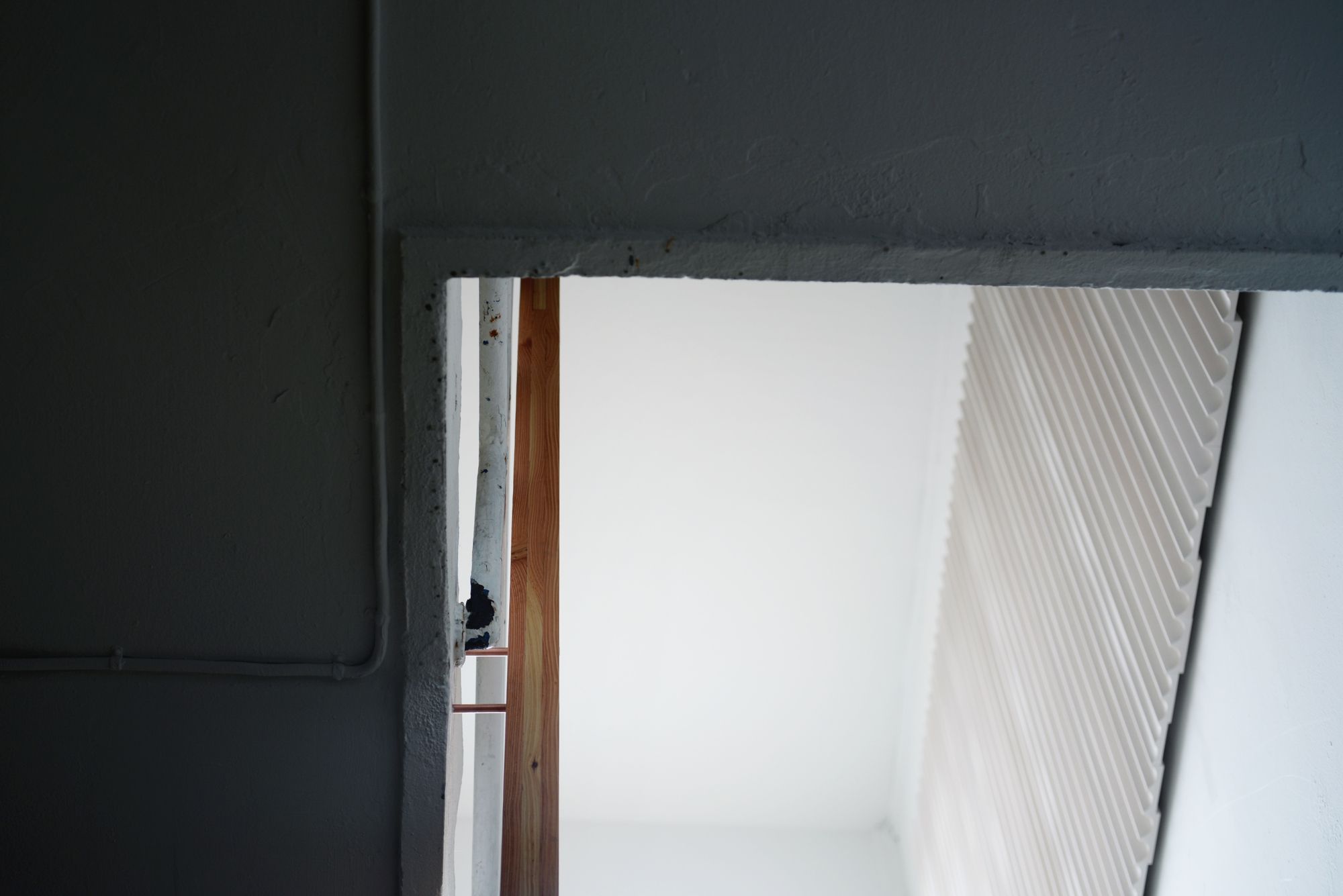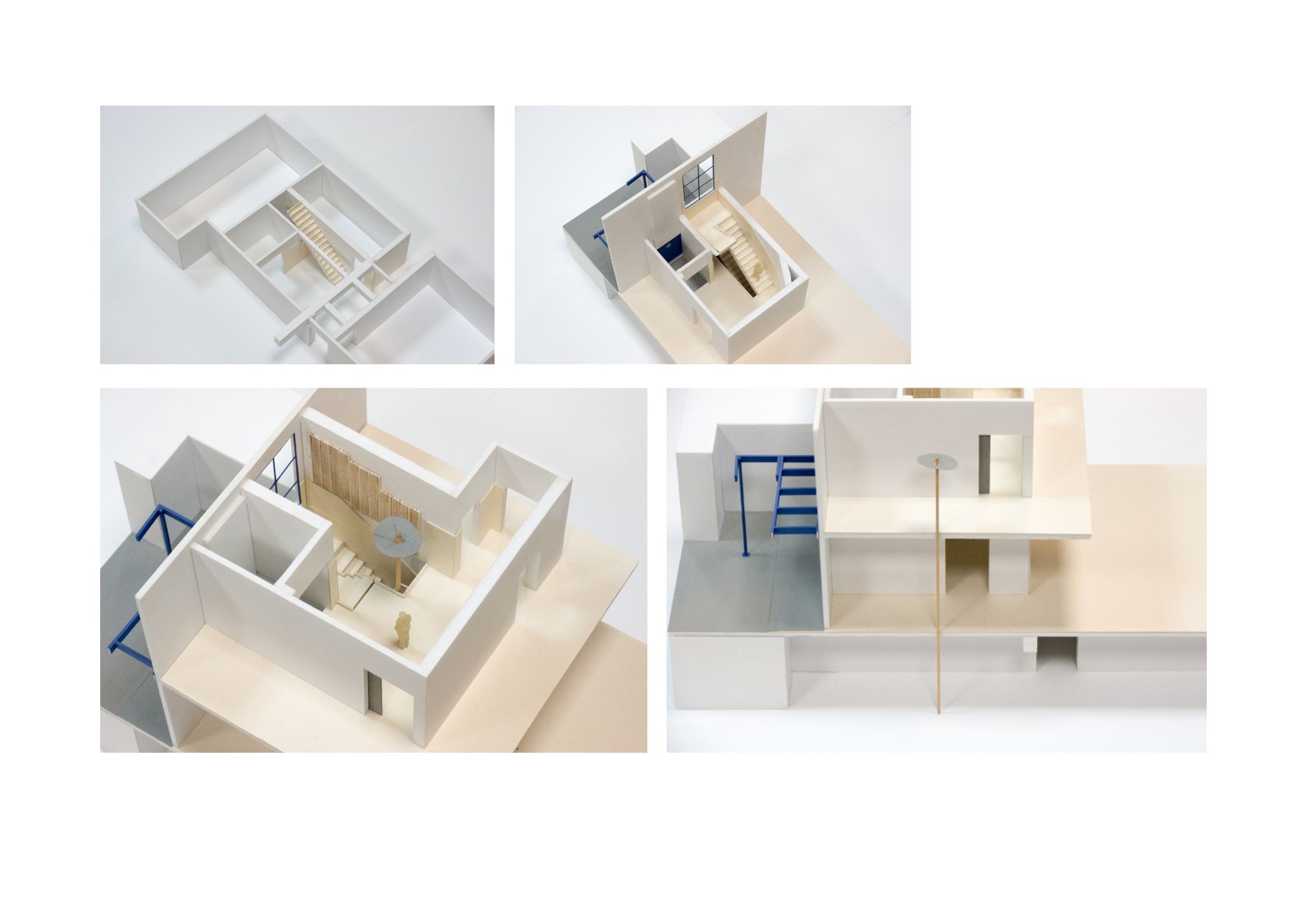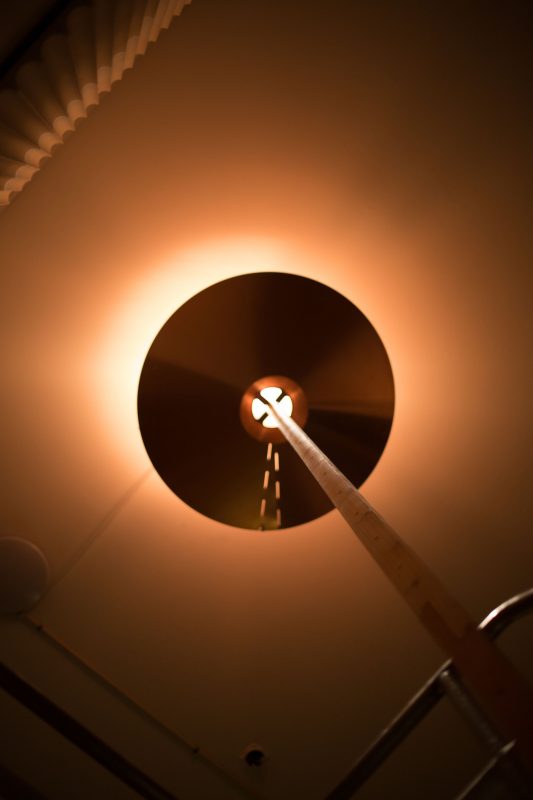The future isn’t going to be full of flying cars just yet. IKEA’s design studio/research lab Space10 suggests an alternative use for self-driving vehicles, rather than being means to get from point A to point B. Space10 lab introduces the concept of looking at autonomous cars as spaces. The Copenhagen-think tank proposed seven designs for spaces that act as extensions of several other public spaces. The idea encompasses a hotel, a clinic, a café, a farm, and an IKEA pop-up shop, to name a few.
What Does Autonomous Car Mean?
Self-driving autonomous cars are the symbol of today’s future. Vehicles that are able to navigate themselves without the need for human interference are becoming the future of transport.
See also:
Elon Musk Reveals New High-Speed Vehicle and Tunnel Network Concept to Solve Congestion
Working with visual trend lab Foam Studio, Space10 reimagines different locations with the project Space on Wheels. The autonomous cars allow users to engage in activities while headed to destinations. Ordering the cars themselves couldn’t be simpler through Space10’s augmented reality app. The app allows users to order the car in an allotted time and informs them of its estimated time of arrival. The cars are electric with floor to ceiling glass window panes on each side allowing riders to view the cityscape. Some cars even include two levels and others act as small entertainment centers. These are the many options offered by the Swedish furniture store:
Autonomous Cars Concepts: ‘Driverless Car’
The Office on Wheels
 Cutting commuting time by allowing people to get a head start on work is the purpose behind this concept. Riding this vehicle gives people the chance to do some work on their way to their workplace. The research lab found that people were spending a lot of time in traffic, so they created the office on wheels to combat that. The mobile office acts as a way to make use of the time lost while heading to work. The portable office includes two compartments with a meeting area or conference room where workers can convene.
Cutting commuting time by allowing people to get a head start on work is the purpose behind this concept. Riding this vehicle gives people the chance to do some work on their way to their workplace. The research lab found that people were spending a lot of time in traffic, so they created the office on wheels to combat that. The mobile office acts as a way to make use of the time lost while heading to work. The portable office includes two compartments with a meeting area or conference room where workers can convene.
The Café on Wheels
 The café on wheels, painted in bright yellow, has two levels. On the higher level, riders can make their own coffee and sit by the window, while the lower level acts as a seating area. The purpose of this space is to allow people to catch up with their friends over a cup of coffee, even if they have somewhere else to go.
The café on wheels, painted in bright yellow, has two levels. On the higher level, riders can make their own coffee and sit by the window, while the lower level acts as a seating area. The purpose of this space is to allow people to catch up with their friends over a cup of coffee, even if they have somewhere else to go.
Healthcare on Wheels
 This innovative design includes a drone that acts as an ambulance. The clinic’s goal is to reach places where hospitals and healthcare are too far and not readily available. It is also a great way for doctors to get to patients who are bedridden and otherwise cannot get to a clinic themselves.
This innovative design includes a drone that acts as an ambulance. The clinic’s goal is to reach places where hospitals and healthcare are too far and not readily available. It is also a great way for doctors to get to patients who are bedridden and otherwise cannot get to a clinic themselves.
Shop on Wheels
 It stands to reason that IKEA would also provide the option of IKEA on wheels. This store enables customers to purchase or return IKEA items without having to drive to the mega furniture store themselves. It makes the buy and return hassle-free and takes place in a fraction of the original time.
It stands to reason that IKEA would also provide the option of IKEA on wheels. This store enables customers to purchase or return IKEA items without having to drive to the mega furniture store themselves. It makes the buy and return hassle-free and takes place in a fraction of the original time.
Hotel on Wheels
 Who could have known sleeping in a car would be this comfortable? Running sustainably on electricity, the hotel on wheels is a replacement to air travel. Travelers can simply hop-on and sleep in these autonomous cars that are full of all the amenities and comfort present in traditional hotel rooms.
Who could have known sleeping in a car would be this comfortable? Running sustainably on electricity, the hotel on wheels is a replacement to air travel. Travelers can simply hop-on and sleep in these autonomous cars that are full of all the amenities and comfort present in traditional hotel rooms.
Play on Wheels
 This smaller vehicle includes full scope windows. The Play on Wheels creates a mobile space where riders can enjoy immersive augmented reality games. Play on Wheels also allows users to engage in educational visuals that teach people about the locale as it drives by.
This smaller vehicle includes full scope windows. The Play on Wheels creates a mobile space where riders can enjoy immersive augmented reality games. Play on Wheels also allows users to engage in educational visuals that teach people about the locale as it drives by.
Farm on Wheels
 For those with little to no access to fresh and healthy produce, the farm on wheels comes as a savior. It serves as an expansion to high-end grocery stores and is meant to provide food to the people who require it but are unable to leave their neighborhoods.
For those with little to no access to fresh and healthy produce, the farm on wheels comes as a savior. It serves as an expansion to high-end grocery stores and is meant to provide food to the people who require it but are unable to leave their neighborhoods.
Solutions Creating Problems . . .
But the Space on Wheels concept also presents a problem as much as it does a solution. For one thing, this idea is simply a concept rather than a formal proposal. As such, practical applications of it might not fit well with the real world. Brian Jeneck leading expert on autonomous vehicles in U.S. architecture and engineering firms HOK, said to Quartzy Magazine, “ We no longer value the idea of the marketplace or the souk where you exchange goods and ideas.” In fact, Jeneck believes that the concept will only be available to the elite. Those who can’t afford it will not be able to reap its benefits. He also believes that this project would raise the question of whether roads or pedestrian sidewalks are more needed by the public. Nonetheless, with all the problems it presents, Space10’s concept designs open new possibilities to the world of autonomous cars.
